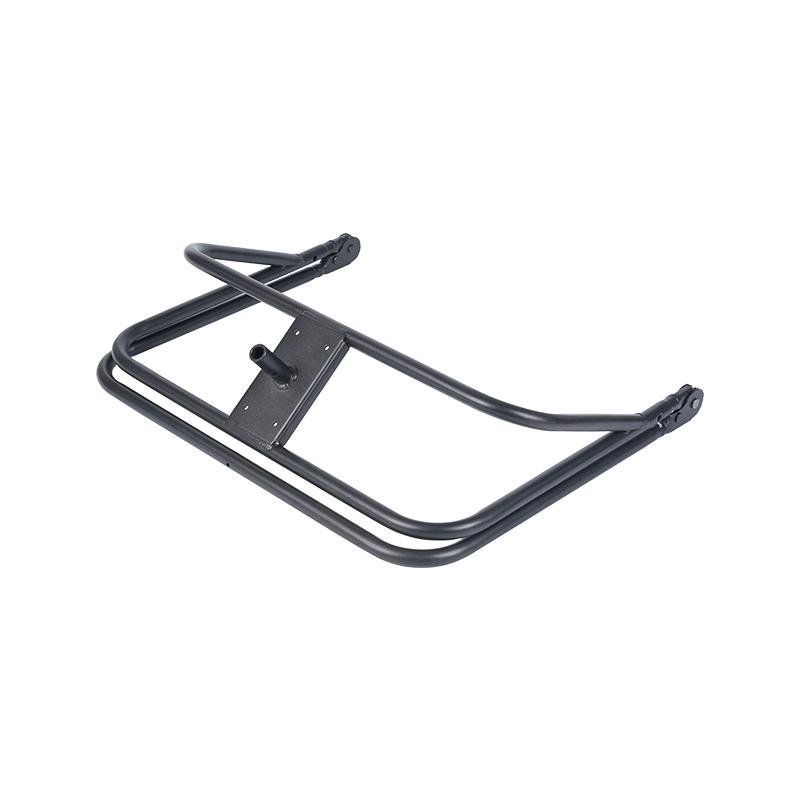CNC Processing, or Computer Numerical Control processing, is a cutting-edge manufacturing technology that has revolutionized the production of precision parts. This advanced method of machining is capable of achieving remarkable accuracy, with tolerances typically within the micron range, making it ideal for the fabrication of intricate components. Utilizing CNC Processing, manufacturers can create complex designs with unparalleled precision. The technology involves the use of computer programs to control machine tools, which can mill, cut, and shape materials such as metal, plastic, and wood into precise specifications. This level of accuracy is critical in industries where high precision is a necessity, such as aerospace, medical equipment, and automotive manufacturing. One of the key benefits of CNC Processing is its ability to produce parts with a high degree of repeatability. Once a program is set up, it can be used to create identical parts over and over again, ensuring consistency and uniformity in the final product. This is particularly important in mass production settings where quality control is paramount. Moreover, CNC Processing offers flexibility in terms of the materials it can handle and the shapes it can produce. This versatility is unmatched by traditional manual machining methods, allowing for the creation of parts that would be impossible or extremely difficult to produce otherwise. In summary, CNC Processing is a cornerstone of modern manufacturing, offering unparalleled precision and flexibility. By harnessing the power of computer-controlled machinery, manufacturers can produce parts with micron-level accuracy, meeting the stringent demands of high-tech industries and pushing the boundaries of what is possible in precision machining.

